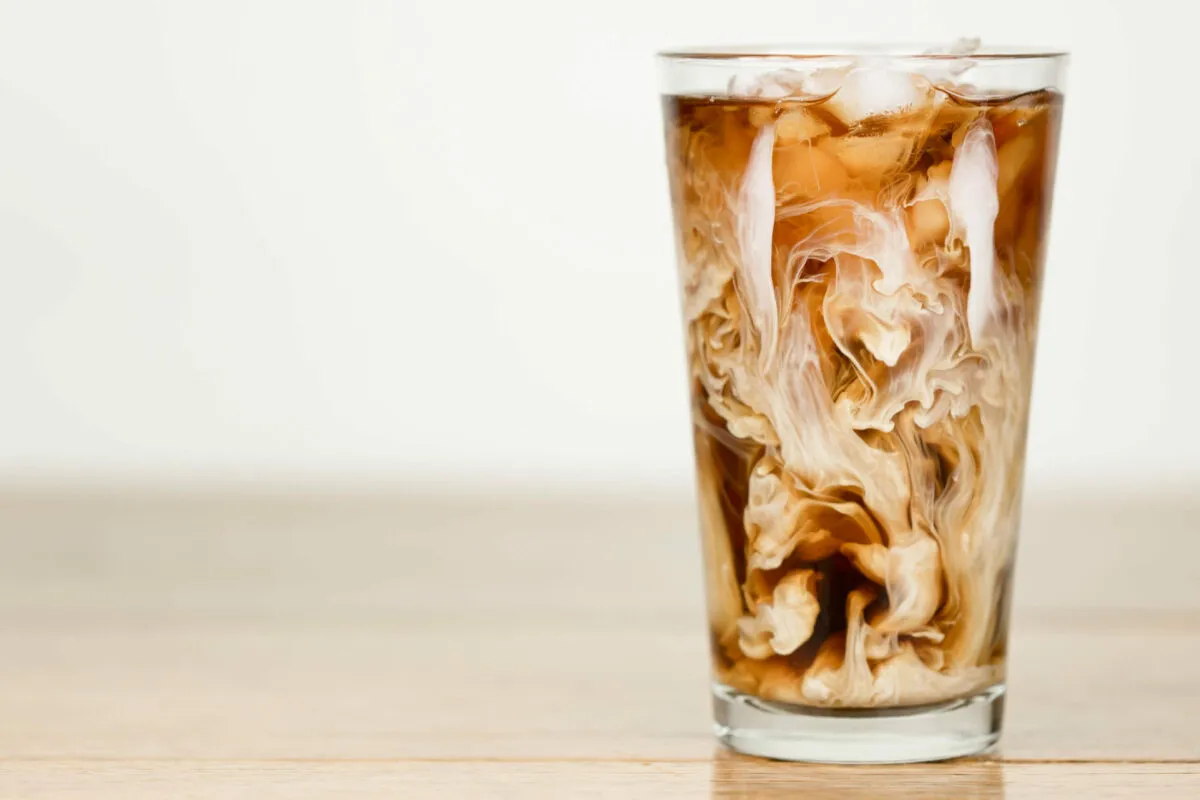Luminary essays are a window into how our guest experts think about the world of luxury – you’ll find data, insights, and personal stories that will help you see luxury in a new light.
—
I don’t ever think about luxury. I’m a maker, and an artisan. I put a lot of energy and thought into craft and craftsmanship. I value quality. I cultivate vision. I obsess on detail. I admire when things are done right.
I’m around luxury and the people who value that quite a bit. I live on the North Fork, just across the water from the Hamptons. I run a sustainable vineyard that produces award-winning fine wine. I’m a part of the wooden boat community—and that includes yachts. And I count serious art collectors as some of my closest friends and mentors. The owner of our vineyard has filled the tasting room, offices, and his cottage on the property with stunning contemporary and modern art. So I’m surrounded by luxury everywhere I look, actually, but I’m not someone who looks to participate in the luxury economy. At least not as a consumer.
Okay. I do drive a BMW, and will never drive anything else, and I love to look at it in the driveway of the beach house that I rent. What would be a truly luxurious purchase? A Hinckley super yacht. There.
When I imagine what I might want as a luxury consumer my mind immediately goes to service. The greatest luxury for me wouldn’t be owning a Maybach or a Maserati, it would be having a driver on staff so I never had to battle traffic again and could just sit back and check emails and take naps. Or I’d want a personal chef to make sure I would eat only the best and healthiest food every day, someone who could help me make better choices. Yes, I think that the deeper values underlying service are a true luxury.
I also think of having things made especially for me. I love the clothing by Bruno Cuccinelli, and I imagine having a wardrobe of custom tailored looks with his eye on them. I can imagine commissioning Chuck Close to do a portrait of me. What price could be attached to spending hours in his company, to experience his expertise and entirely singular vision?
What about defining luxury as owning something that no one else can have? What could be more precious than a bespoke home—and what could be more exotic and exclusive than an oceanfront cabin in Maine’s Acadia National Park on one of the pieces of Rockefeller land grandfathered in when it became a park?
So I just don’t think about luxury as value but as values. I love objects, but I value the craft and quality that creates them. I esteem service as a profession, but I value the attention and expertise that underlie it. I prize personalization but what I value is connection. I admire art, but what I value is artistry. And what is artistry but the ability to bring vision to life in the world.
My conversations with the guests at the winery revolve around the same subjects. They aren’t focused on how exclusive our cellars are, nor how pricey the bottles. They want to talk about how the fruit was raised and harvested, or why our soil is so richly blessed. They want to know about the heritage of the property, and the vision of sustainability. They want to talk about the art on the walls and the artistry in the glass.
And they want to talk to us, to the people who made this magic out of work, and craft, and quality ingredients, and attention to detail. They want to make the connection. They want to know that it’s authentic.
At the risk of flattering myself, I have similar conversations in my woodshop with the folks who come to see my work. They’ve fallen in love with the canoes because of an Instagram encounter, or someone they know has come across my work. The objects I make are truly beautiful, and I stand behind them for all the same reasons I mentioned above. These are gorgeous woods, and I obsess over every cut, groove, fit and finish. So they come looking to see where the beautiful boat came from, and what they want to do is talk to me about them. They want to make a connection.
So they ask me if these are really my father’s tools. They want to see the stack of lumber I am using. They ask what makes the boat seaworthy, and who taught me that secret. What was my vision? Why do I do it? It’s all information they could read about on my website, but they want to hear it from me. They want to know that it’s authentic.
Authenticity is one of my values. It goes along with vision and artistry. I think these are what define luxury. And I think I learned this, in large part, from my friend and colleague Michael Lynne, the owner of my winery. He’s probably the one person I know who can truly claim to live in a world of luxury, and he’s given me my deepest and most stirring exposure to that world.
Michael invests in what people consider the luxury lifestyle. He has lovingly restored our winery, ensuring that my vision for our vineyard is supported and nurtured. He’s passionate about the sustainable practices that elevate our stewardship of the land and the wine we produce. He’s the patron for all of us who pursue this artisanal craft.
He’s the same with the artists whose work he collects. He finds artists that he can believe in at an early stage in their career. He supports them through purchase and commission. He encourages them with introductions and support. He displays them with pride and confidence. He identifies their vision, and he celebrates their artistry.
He’s a patron of authenticity.
Now some might say that it’s a luxury to be able to do the work I do at the winery, and to have the space, resources, and wherewithal to build my wooden boats. They say the same thing to the artists that make the work we have on our walls. But that’s not quite right. We do it because we need to see our vision come into the world. Luxury plays into the equation through patronage—it’s the point at which authenticity and connection create something truly unique. Being a part of that is truly a luxury.





